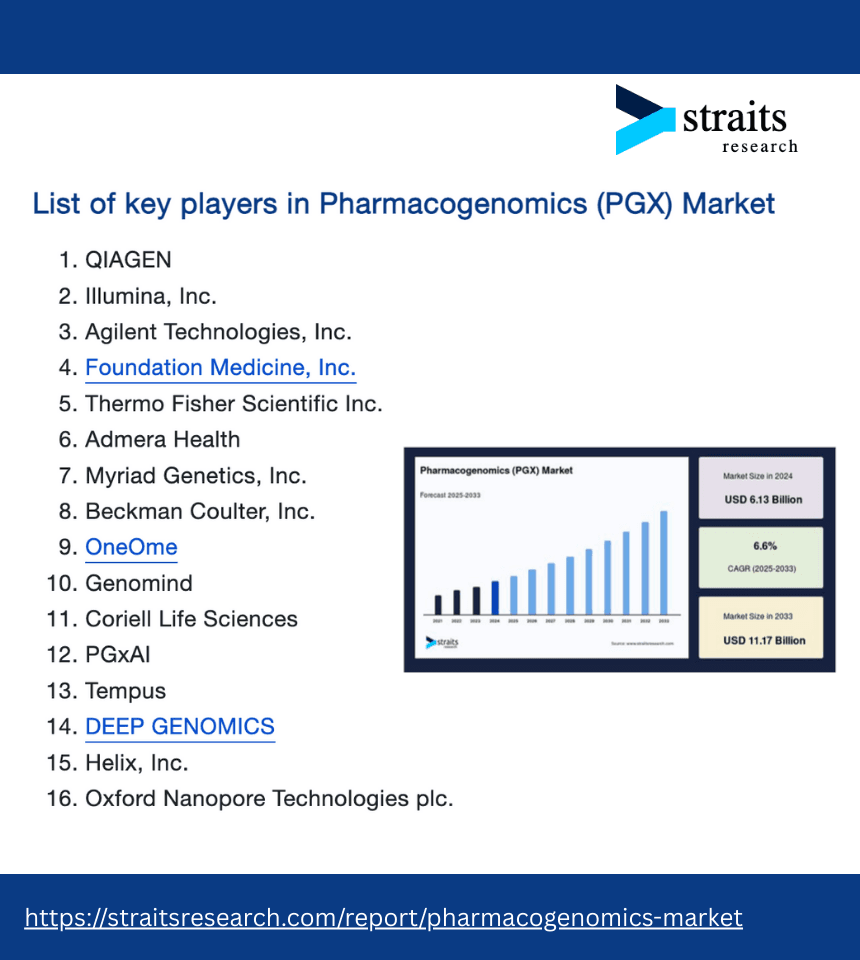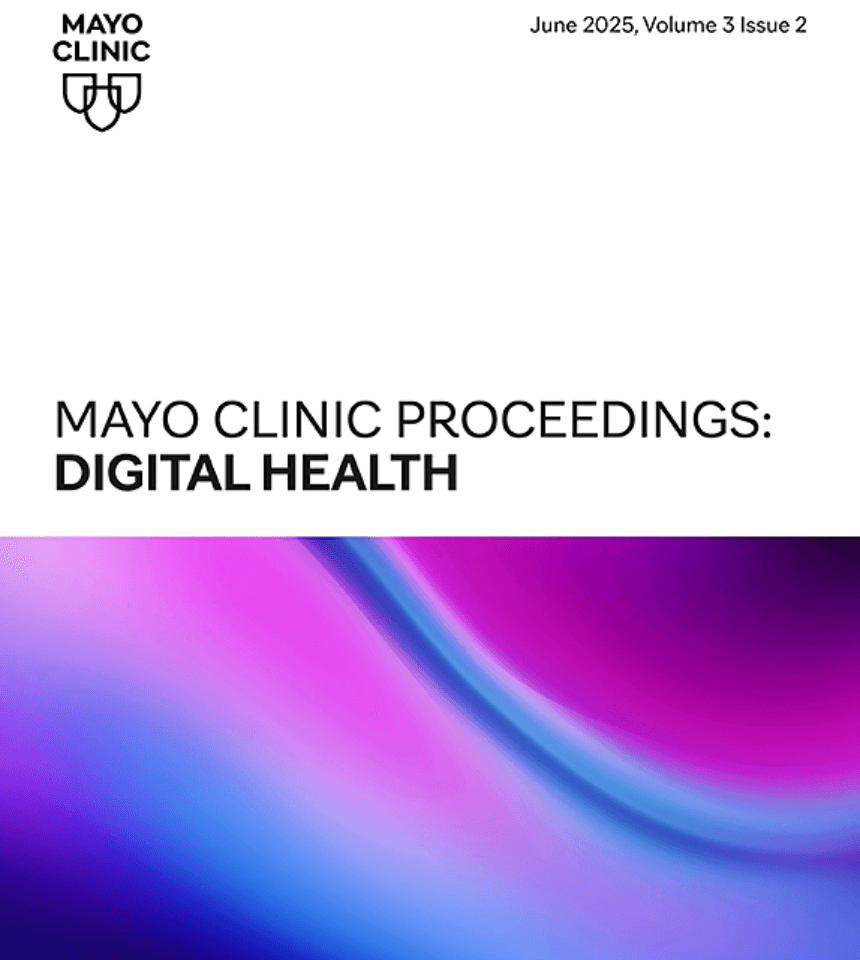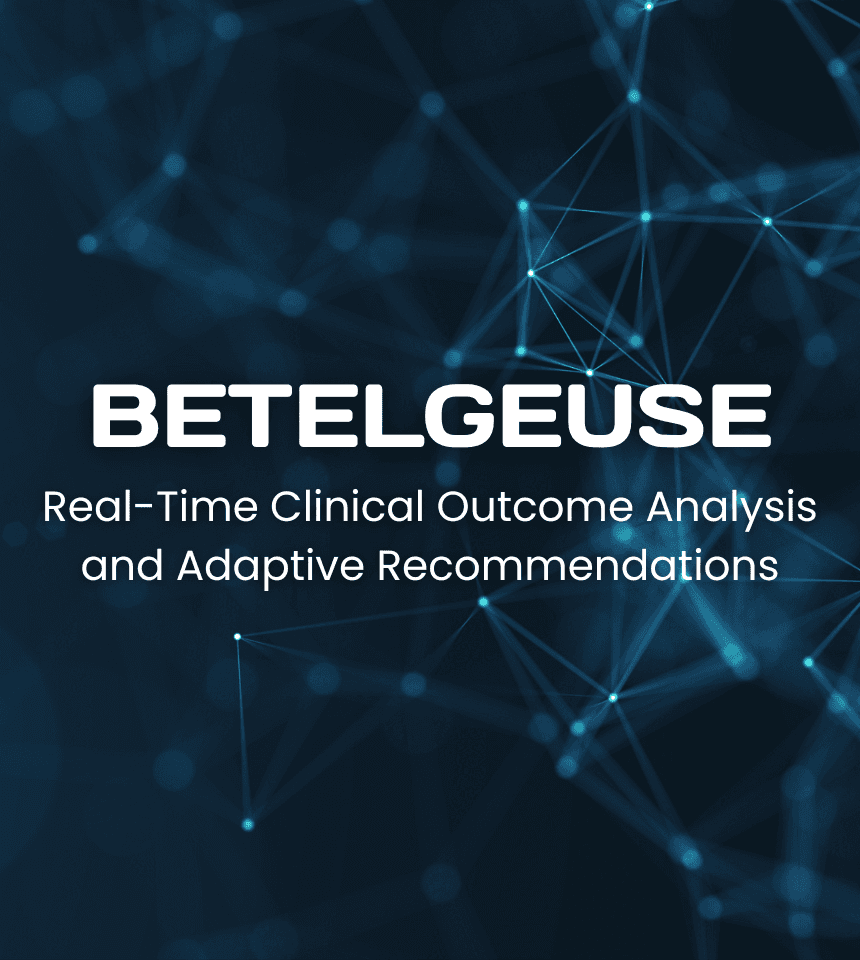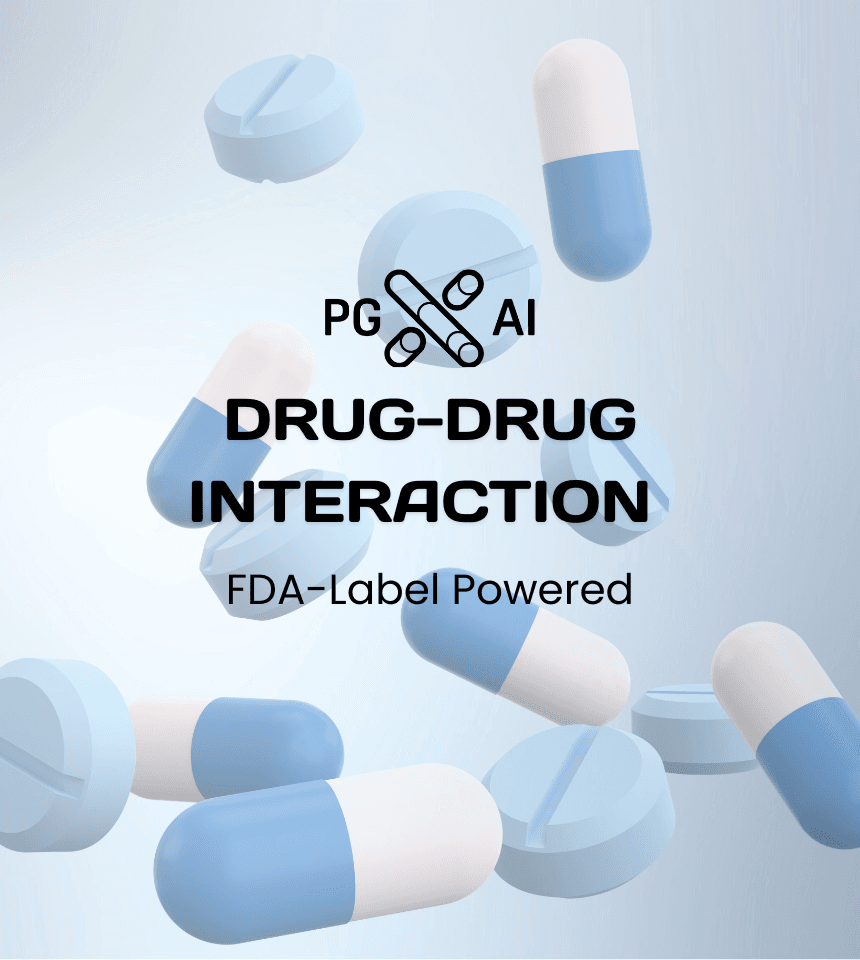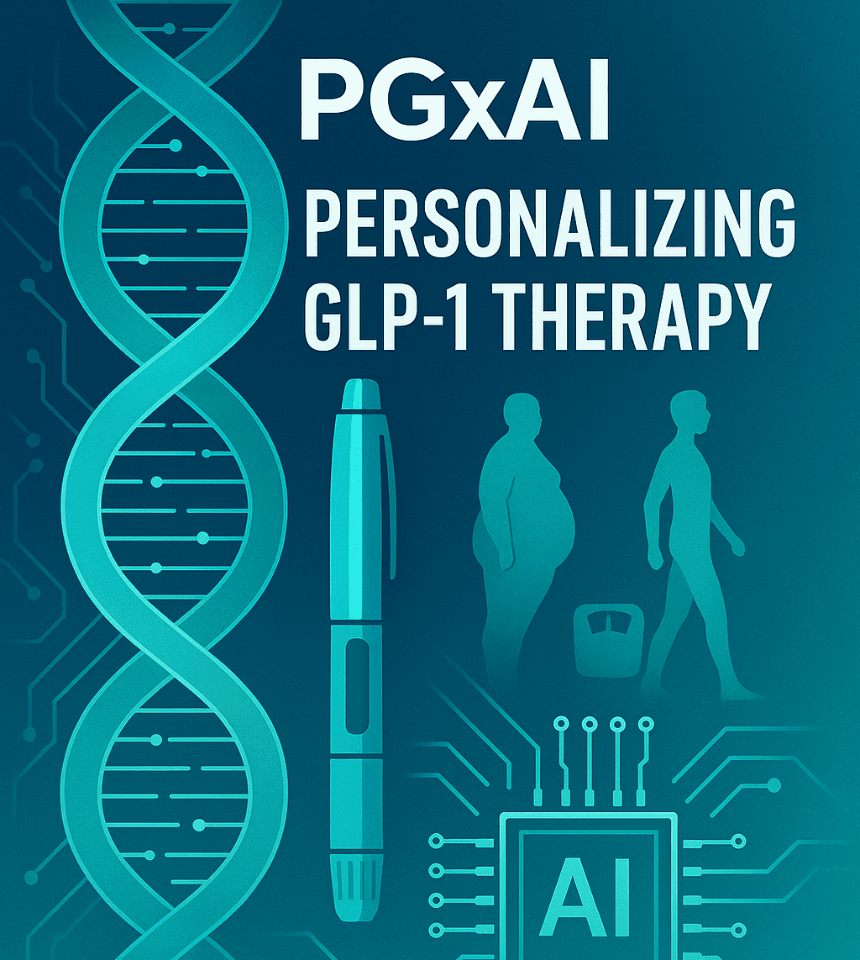PGxAI Unveils AI-Driven Genetic Tool to Personalize GLP-1 Drugs Including Ozempic®
Product News | Published: Apr 23, 2025

PALO ALTO, Calif., Apr. 17, 2025 — PGxAI, a leader in AI-powered pharmacogenomics, released a new report that personalizes treatment with semaglutide (Ozempic®, Wegovy®) and other weight-management drugs through patient-specific genetic analysis. Leveraging advanced AI models, the report identifies and quantifies genetic variants that influence drug efficacy and safety. According to the findings, up to one third of patients prescribed semaglutide, a widely used GLP-1 receptor agonist, may carry variants associated with increased risk of adverse reactions.
Semaglutide is recognized for its effectiveness in promoting weight loss and improving glycemic control. However, it also carries significant risks, including pancreatitis, gallbladder complications, kidney impairment, and potential thyroid tumors. By rapidly correlating a patient’s genetic profile with established pharmacogenomic markers and clinical evidence, PGxAI’s report pinpoints individuals who may be predisposed to these complications. This allows physicians to proactively adjust dosage or consider safer alternatives when appropriate.
“With nearly one in three patients potentially at increased risk, trial-and-error prescribing of Ozempic is no longer acceptable,” said Dr. Mike Zack, PGxAI co-founder and CEO. “Our AI-driven report translates complex genetic data into clear clinical guidance, covering over ten leading weight-management drugs across GLP-1s, dual incretins, and CNS-targeting therapies. This allows physicians to focus on patient care, evaluating a wider range of options while reducing the likelihood of serious adverse reactions.”
Customizing therapy based on a patient’s genetic profile has traditionally required weeks or even months of manual interpretation, making it impractical in most routine care settings. PGxAI’s report shortens that process to minutes, transforming personalized prescribing from a theoretical concept into a clinical reality.
“For health systems, this isn’t just a tool for mitigating adverse events — it’s an on-ramp to precision prescribing at scale,” said Allan Gobbs, PGxAI co-founder and Executive Chairman. “Nearly three in four U.S. adults are considered overweight or obese, and GLP-1s are going mainstream. With tens of millions already prescribed GLP-1s, and obesity costing the healthcare system $173 billion annually, we can’t afford one-size-fits-all. Wide adoption demands personalization.”
PGxAI’s expanded report builds on a proven foundation in AI-based pharmacogenomics, supported by partnerships with leading technology providers including NVIDIA, InterSystems, Google, and Microsoft. Through integration with InterSystems’ HealthShare, PGxAI delivers real-time clinical decision support directly into EHR and hospital workflows, enabling immediate implementation without disrupting existing care processes.
PGxAI plans to expand its coverage to include an even wider spectrum of weight-management therapies, such as new GLP-1 receptor agonists, dual incretin agents, CNS-targeting compounds, and fixed-dose combinations, while quickly adapting to new clinical evidence and emerging biomarkers. By standardizing predictive analytics for drug response, PGxAI is helping accelerate the shift from population-level prescribing to ultra-precision care, where each therapy is matched to the patient’s unique genetic signature in real time.
About PGxAI
Founded in 2023 and backed by venture capital firm ATEM Capital, PGxAI is at the forefront of AI-driven precision medicine, combining real-world clinical data with advanced genomics research. The company’s proprietary AI platform personalizes drug selection, dosing, and interaction management based on each patient’s unique genetic makeup. Dr. Mike Zack, MD, PhD—a UCSF pharmacogenomics expert — serves as CEO & co-founder, alongside Allan Gobbs, a life sciences investor and executive chairman. PGxAI’s advisory board features experts from Stanford University, Thermo Fisher, and GE Healthcare. By partnering with InterSystems and leveraging cutting-edge cloud and HPC technology from leading providers, PGxAI addresses one of healthcare’s most critical needs: ensuring safe and effective treatments for every individual.










